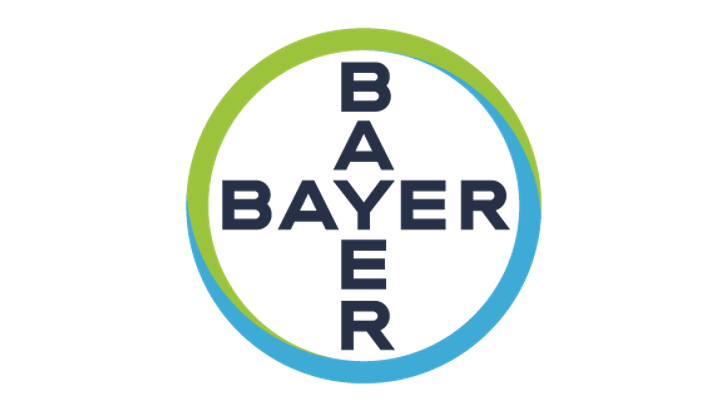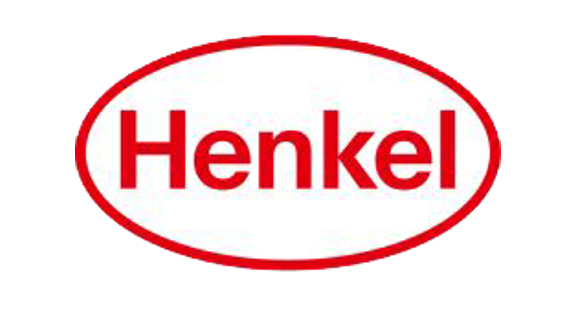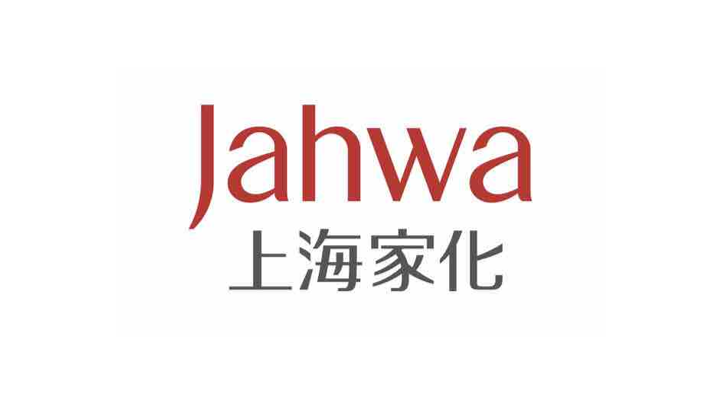According to RFID Journal, Walmart U.S. has notified its suppliers to expand the use of RFID tags to some new product categories. By this September, these newly expanded products will be required to embed RFID-enabled smart tags before being allowed to be stocked in Walmart stores. The newly expanded areas include consumer electronics (such as TVs, Xboxes), wireless devices (such as mobile phones, tablets, accessories), kitchen and catering, home decoration, bathtubs and showers, storage and organization, and automotive batteries.
Previously, Walmart has extensively used RFID electronic tags in footwear and clothing products. With the expansion of the application scope this year, the annual consumption of RFID electronic tags will reach the level of 10 billion, which is of significant importance to the industry.
As the most successful supermarket globally in deploying RFID technology, Walmart's origins with RFID can be traced back to the "Retail Systems Expo" held in Chicago, U.S. in 2003. At this conference, Walmart announced for the first time that it would adopt a technology called RFID to eventually replace the widely used barcodes, becoming the first company to announce an official timeline for adopting this technology.
Over the years, Walmart's use of RFID in the footwear and clothing industry has ushered in an era of informatization in warehouse management, making it possible to trace the market circulation and movement of every product. At the same time, it can also capture real-time data collected by the inventory management system, simplifying data processing, digitizing and informatizing the entire logistics process, improving logistics management efficiency, and reducing personnel demand. Not only that, RFID technology has effectively reduced labor costs in supply chain management, making information flow, logistics, and capital flow more compact and effective, thus increasing efficiency. Based on its success in the footwear and clothing industry, Walmart hopes to expand the RFID project to other departments and categories in the near future, further promoting the construction of online platforms.
As the global leader in offline retail sales, Walmart also harbors a "e-commerce" mindset within its entity.
Since its establishment in 1962, Walmart has been operating as an offline discount store model. With a corporate culture that emphasizes "the customer is always right," "respect for every employee," and "don't put off today's work until tomorrow," it has stood out among global supermarkets. However, with the rise of mobile internet in 2012 and Amazon's prominent position in the U.S. market, Walmart's stock price fell back to its 2010 level within just two years. People believed that even a giant like Walmart couldn't withstand the challenge of internet e-commerce, and the dominant position of the retail empire seemed to be shaky. Since then, Walmart has taken stock of the situation and hoped to catch up with Amazon's pace. Thus, the battle for the "king of retail in the U.S." has continued until now.
In early 2021, due to the impact of the pandemic, Walmart International's revenue decreased by approximately 8.3%. To compete with Amazon, Walmart began to emulate Amazon's approach and establish its own independent "last mile" delivery service. Walmart has made various deployments for this "last mile" solution.
Firstly, Walmart has vigorously constructed fulfillment centers. In 2021 alone, Walmart has established new fulfillment centers in multiple regions such as Canada and India, while also converting some Sam's Club and Walmart retail stores into fulfillment centers. At the same time, Walmart has launched a supporting Alphabot (automated picking) system specifically for online order picking and packaging. When online order information is released to the system, it automatically selects products from the warehouse, integrates them according to the order, and then transports the items to Walmart employees for delivery, which shortens order processing time and speeds up delivery.
Secondly, in May of the same year, Walmart acquired Zeekit, a leading global platform for dynamic virtual fitting rooms. Walmart understands that customer experience is the foundation of a business. Considering that one of the most frustrating aspects of online clothing shopping is not knowing how the clothes will actually look on your body, Walmart introduced Zeekit technology to Walmart app and Walmart.com users. This feature currently allows customers to choose from 50 models ranging from 150cm to 180cm in height and XS to XXXL in size. Customers can also choose a model that best represents their height, body type, and skin tone for online try-ons. By autumn 2022, nearly 70 other model options will be launched to provide a wider range of sizes, skin tones, and hair colors.
Finally, Walmart has also increased the construction of new logistics distribution centers. According to the latest news, Walmart's latest batch of global logistics distribution centers (including Canada, Japan, Southeast Asia, and other
Source: RFID世界网

















